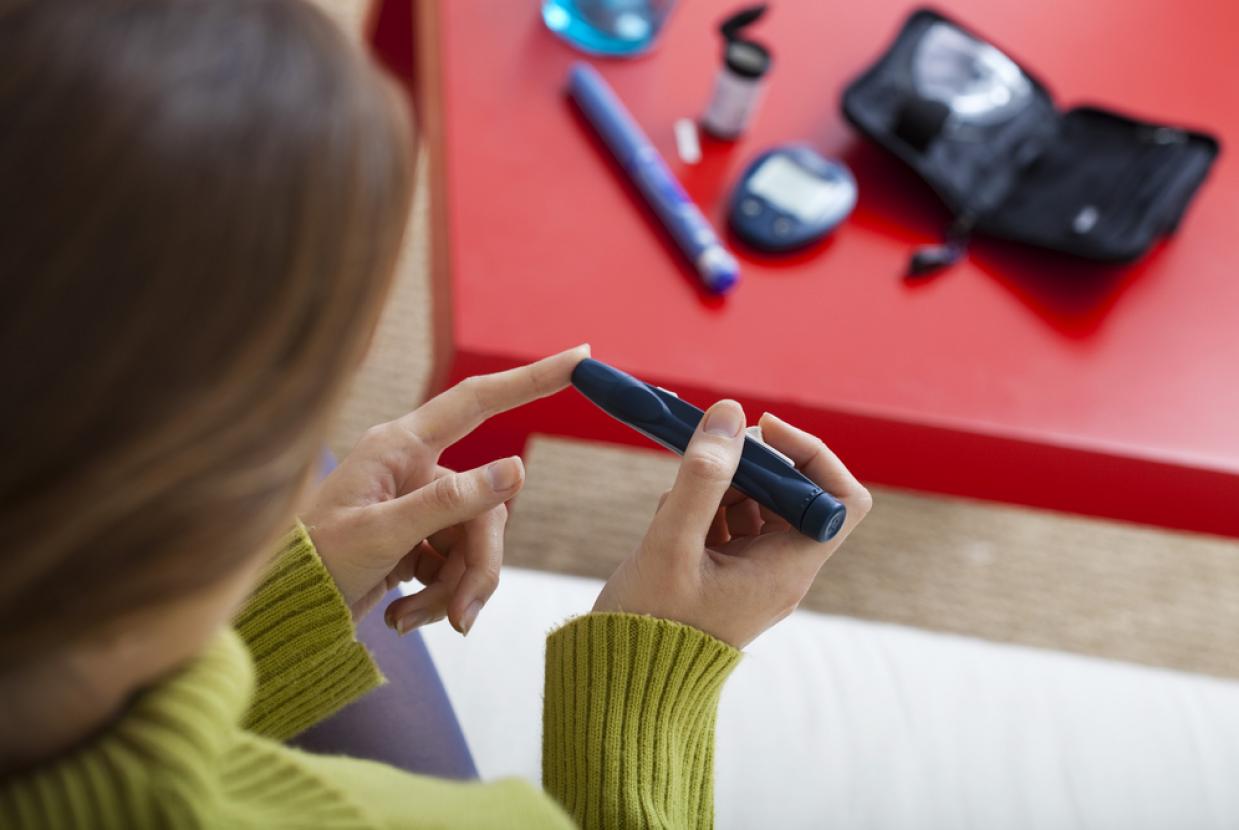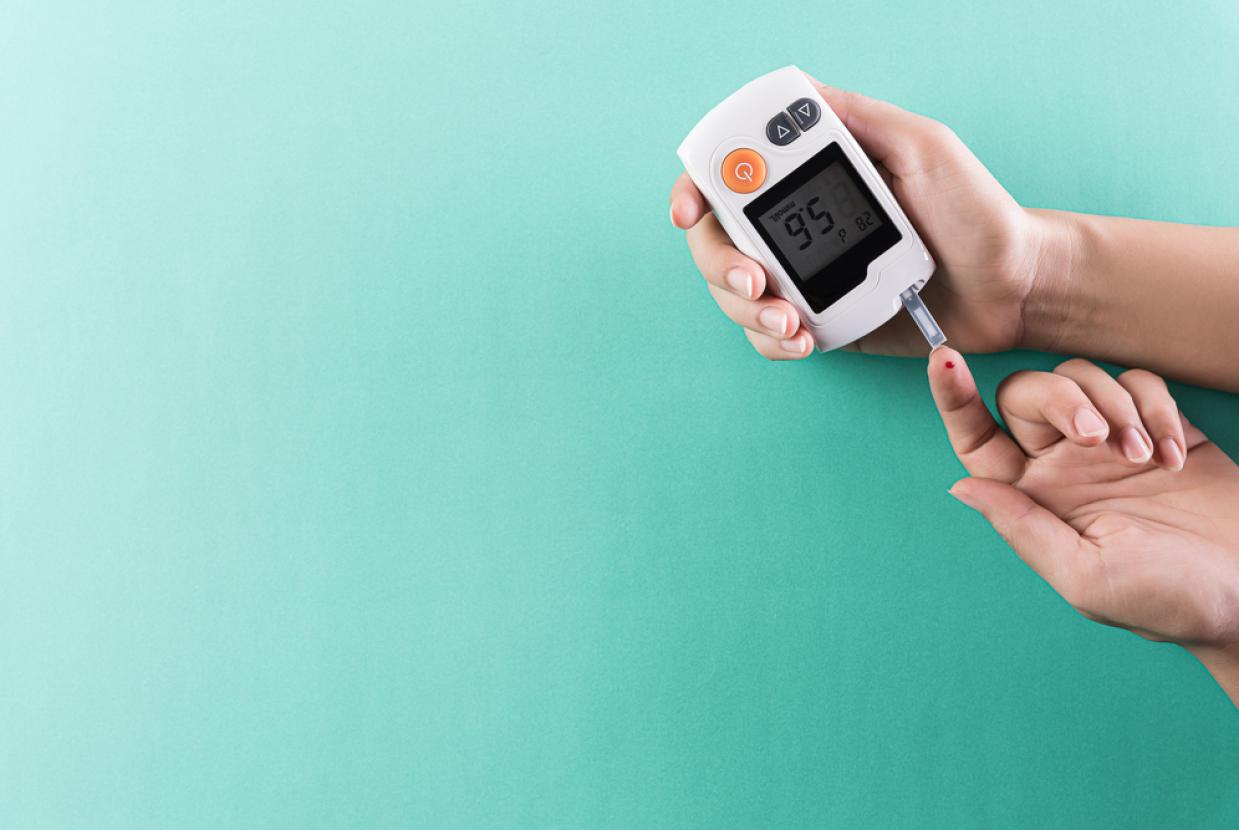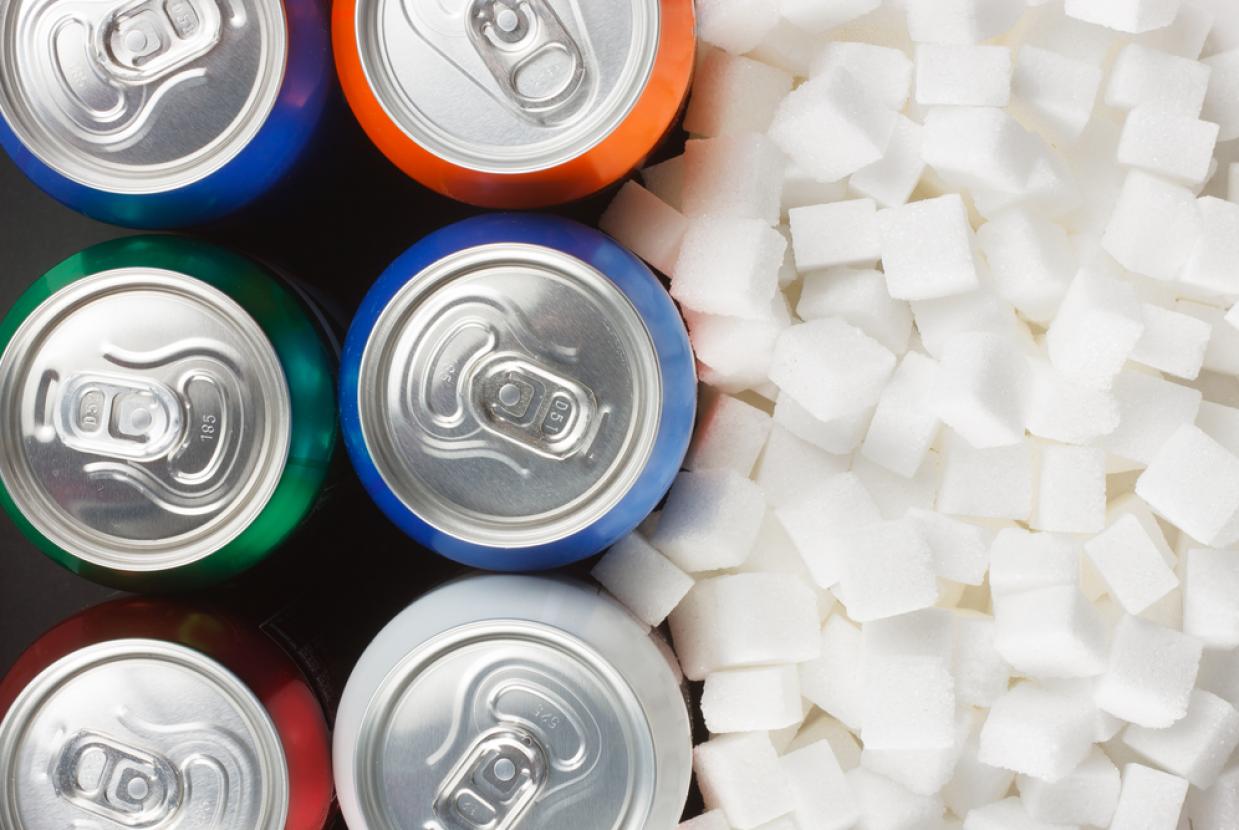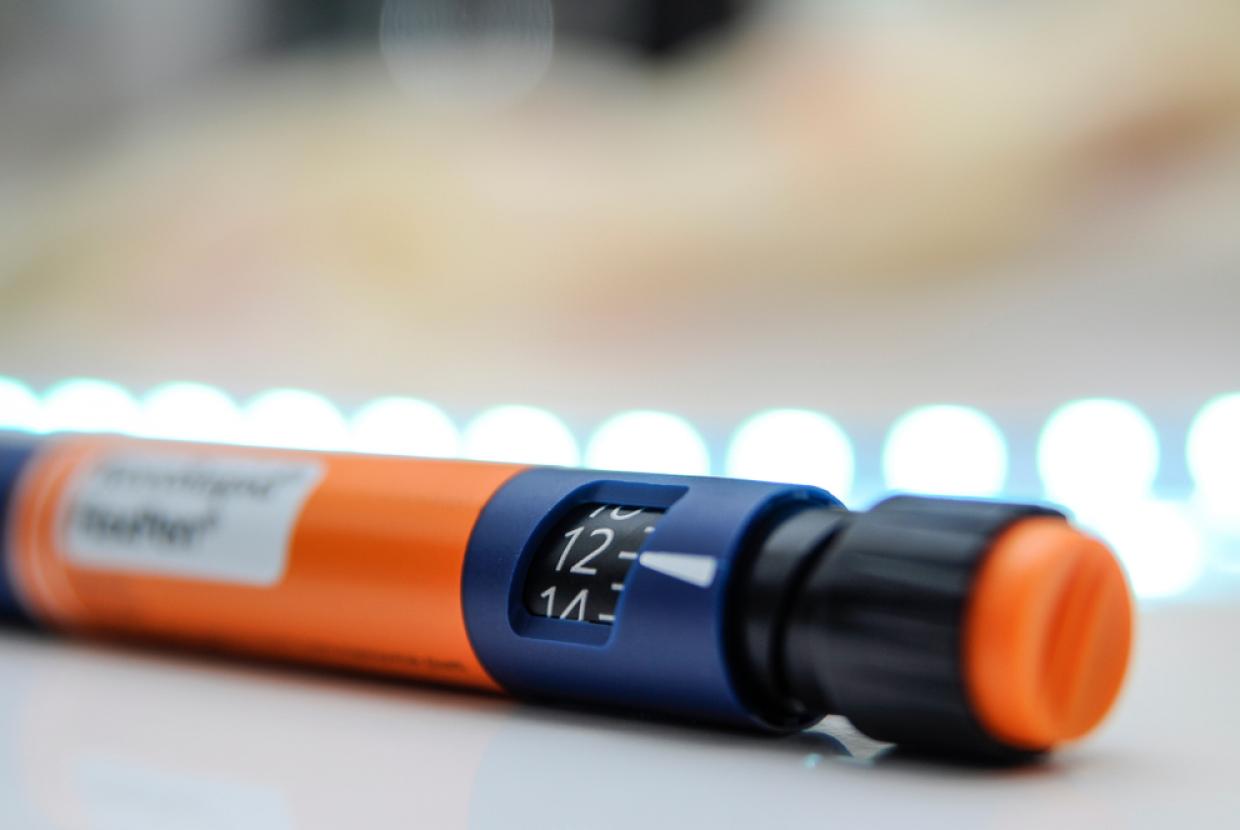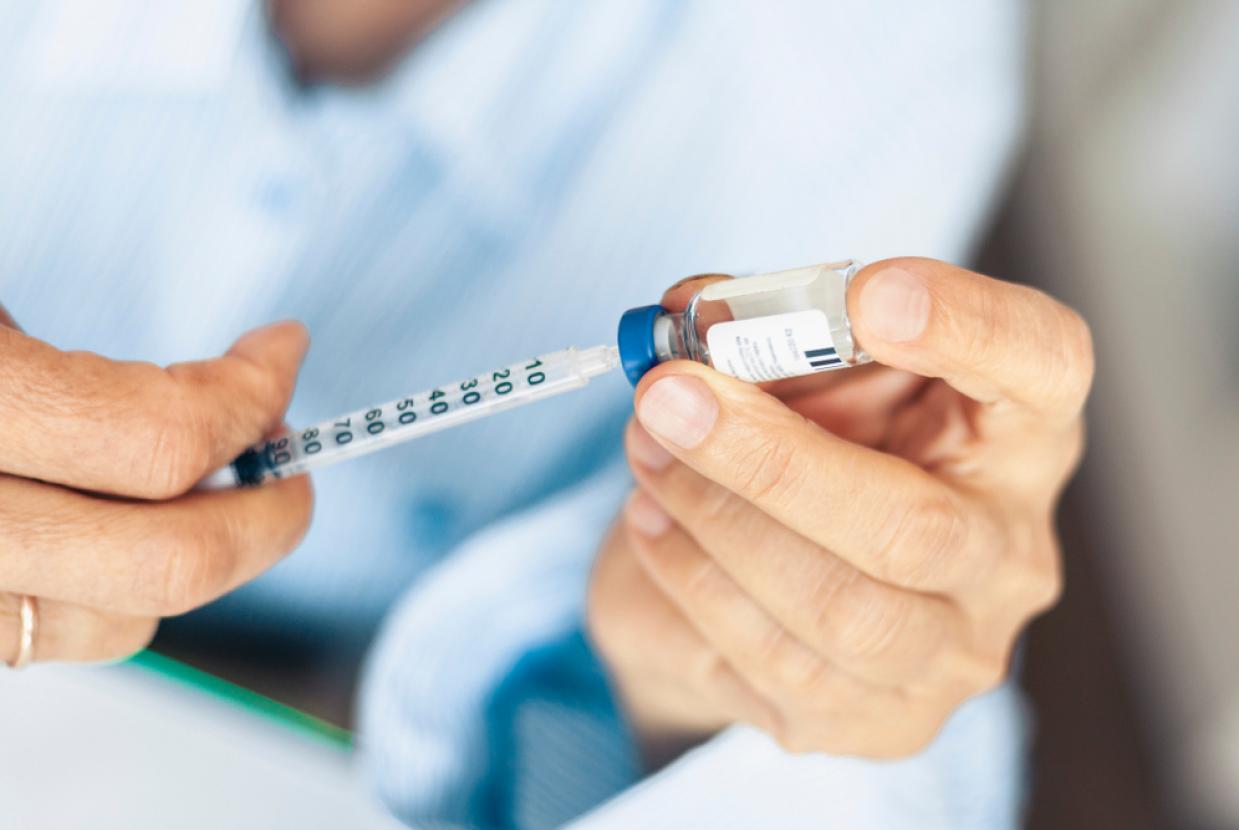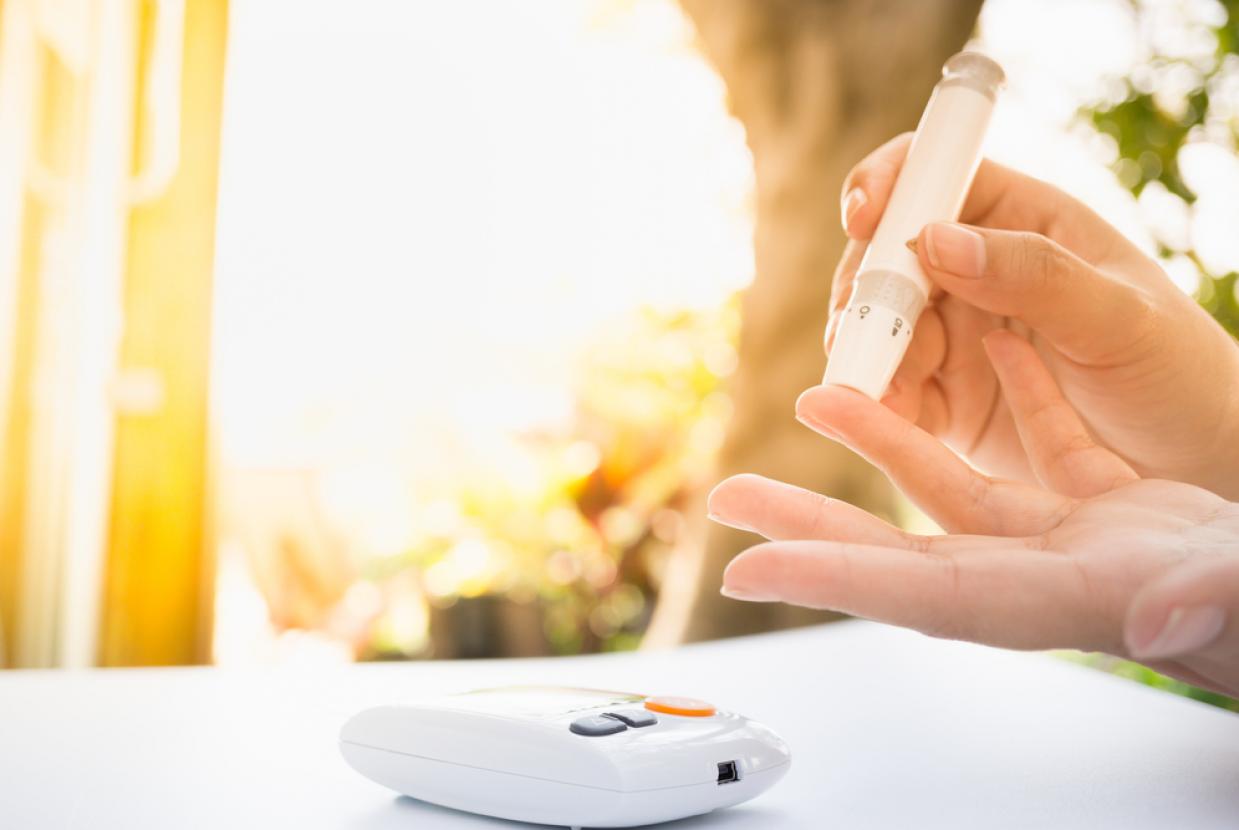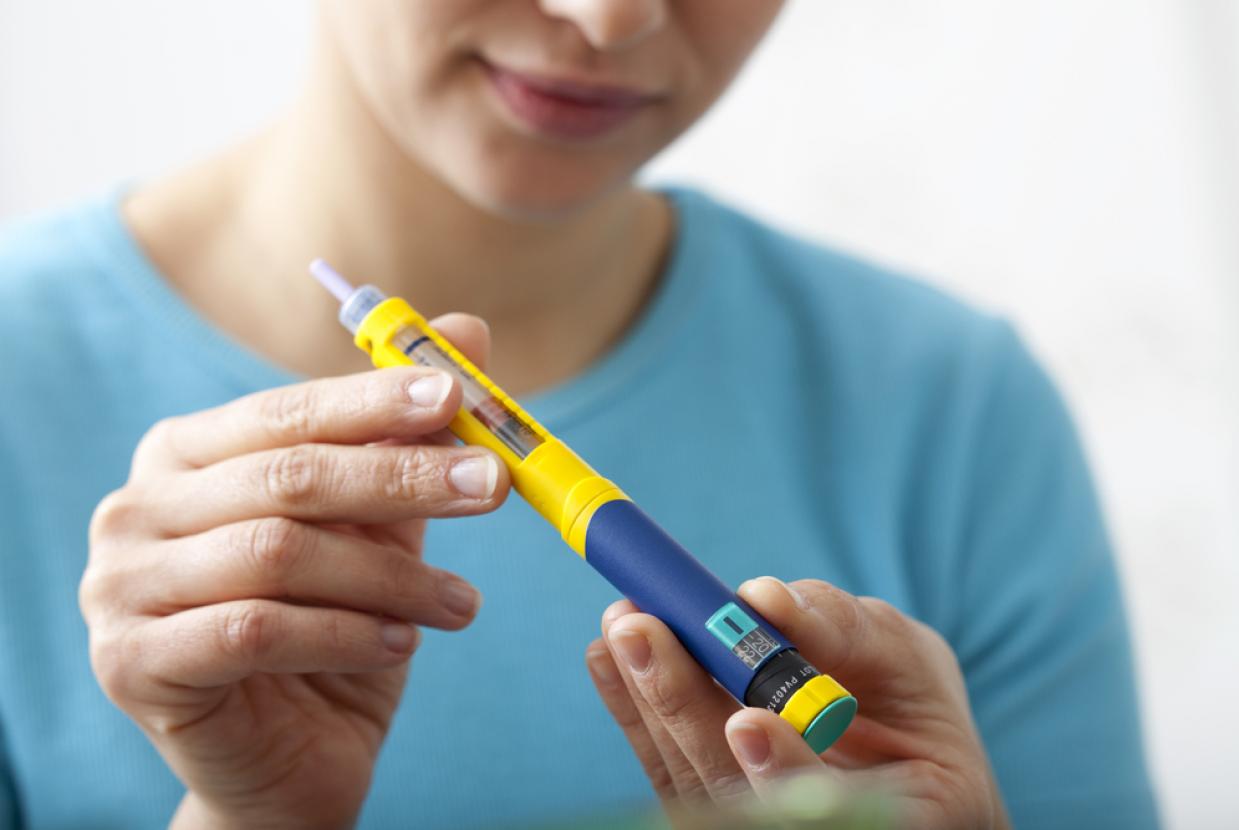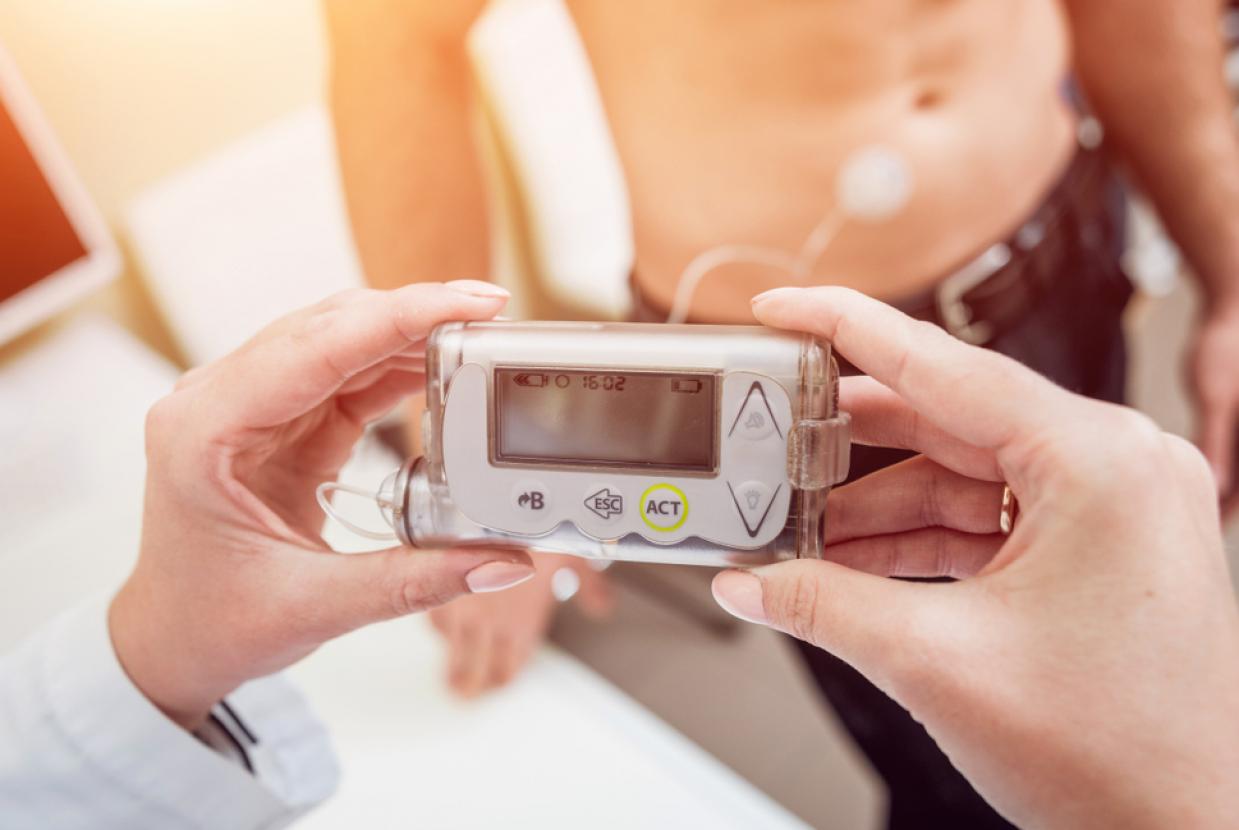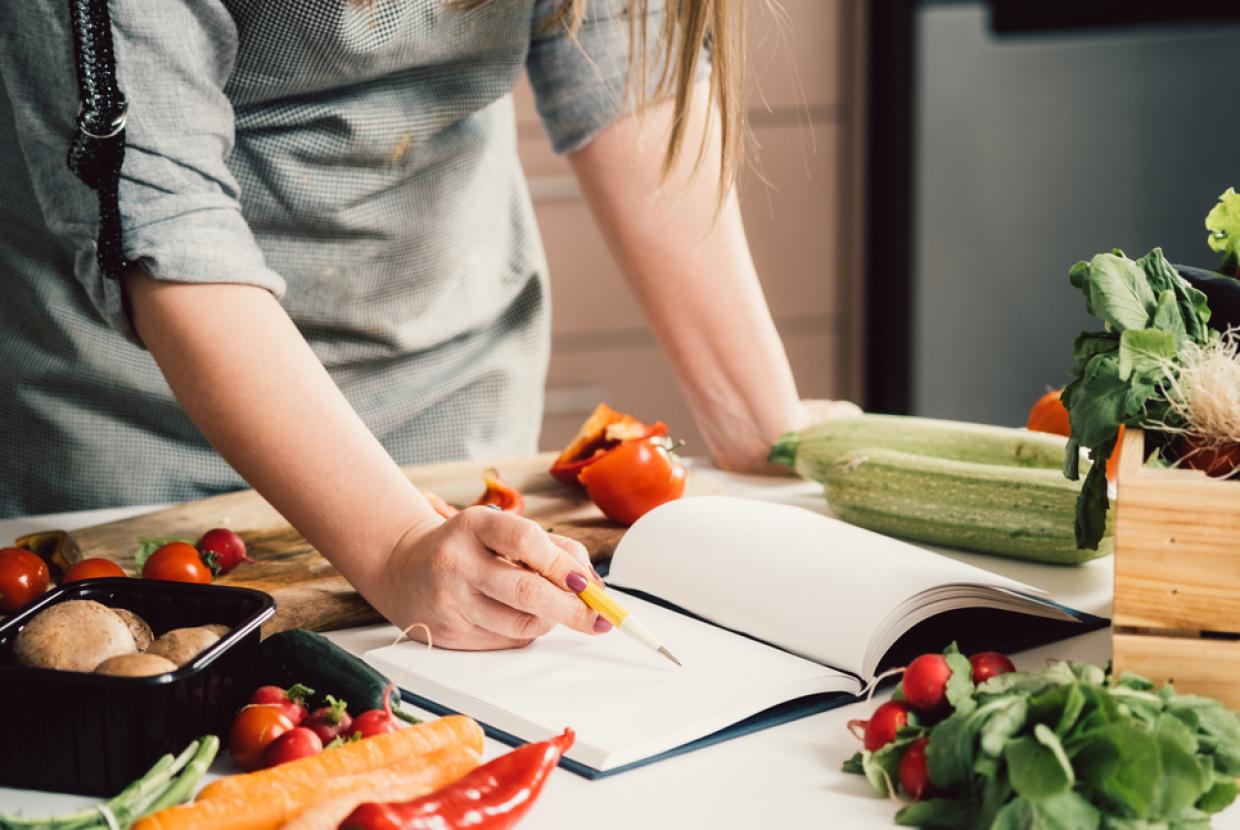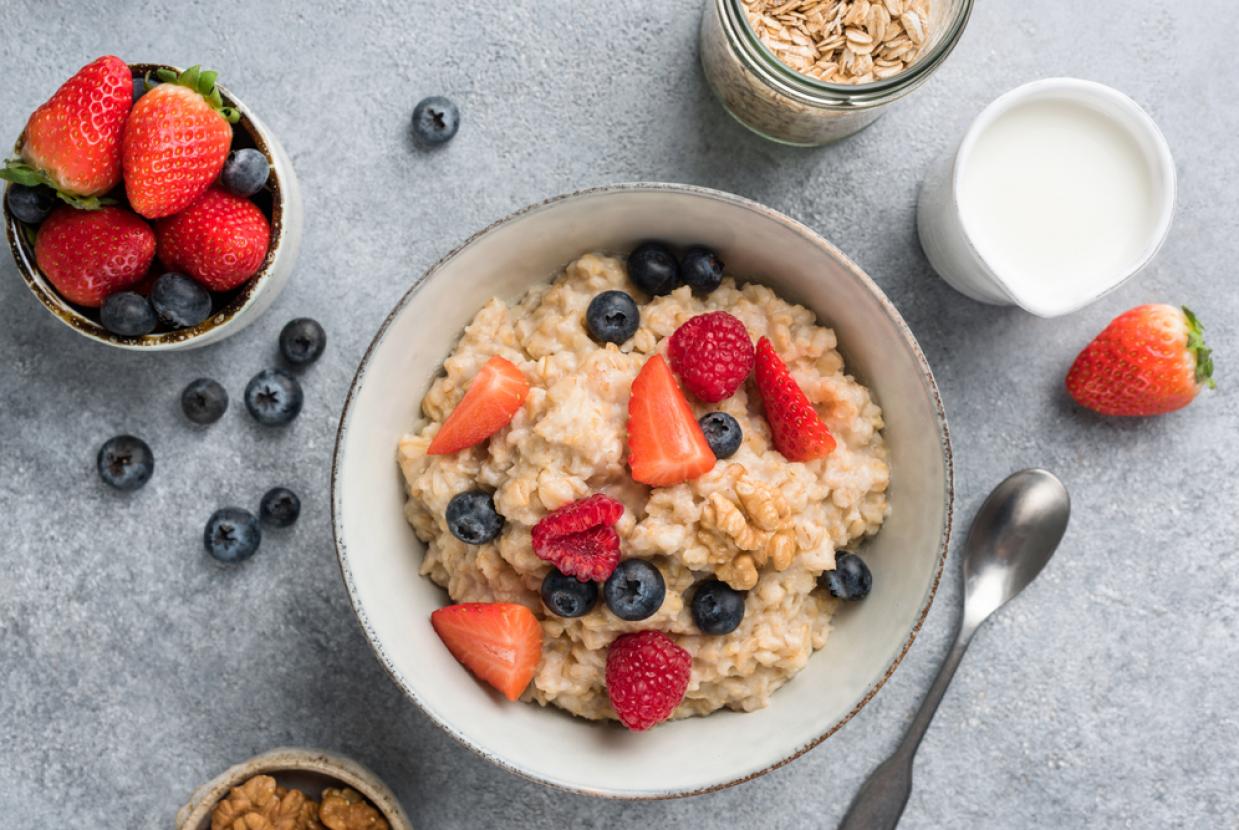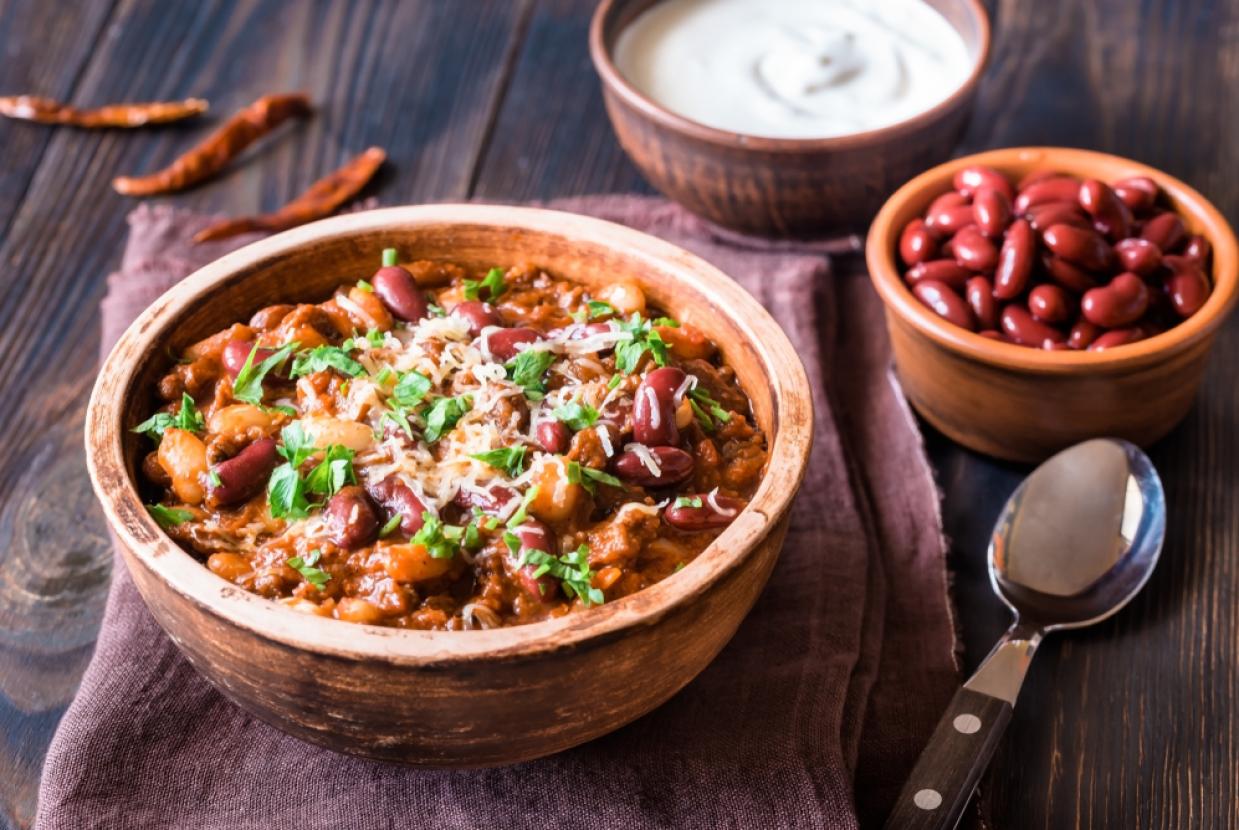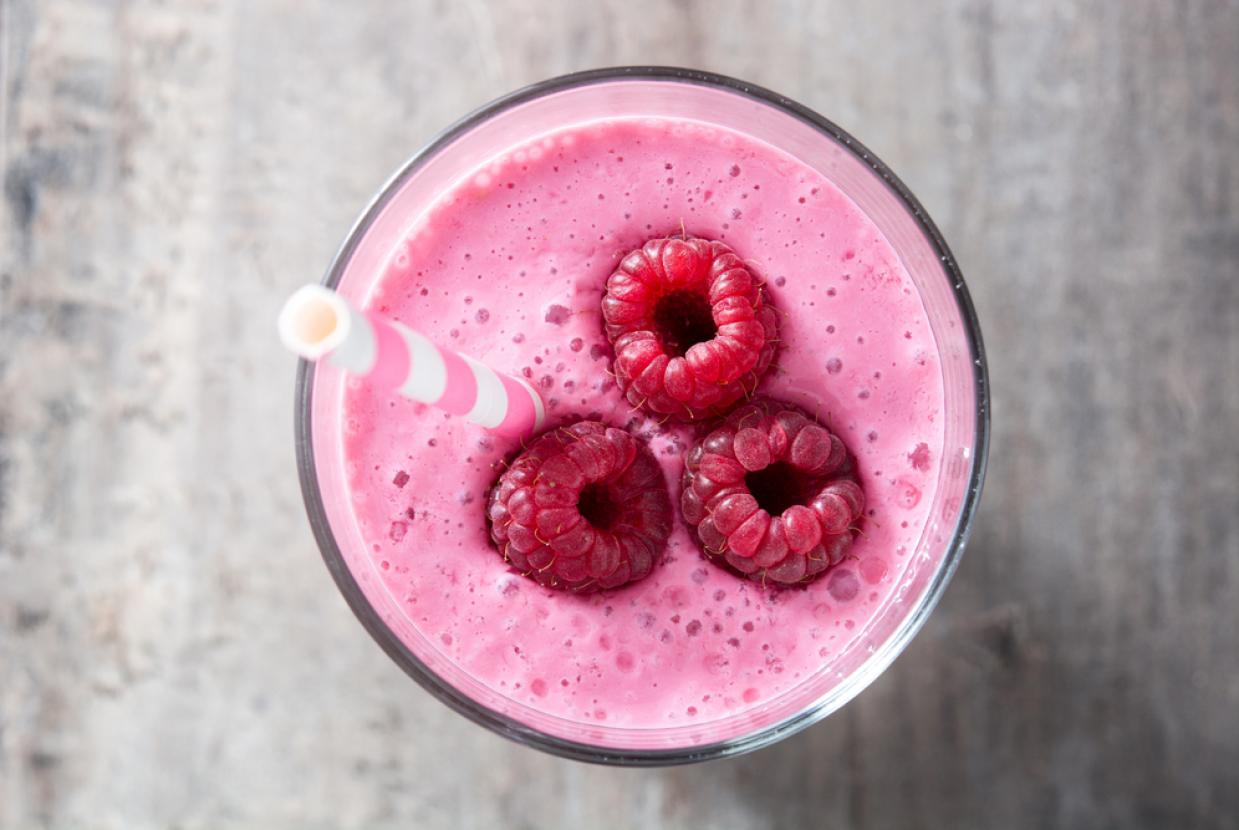Christmas & Diabetes
DiabetesChristmas is a time to enjoy yourself and have foods that you wouldn’t regularly eat at other times of the year. But being a time of celebration, many traditional Christmas foods tend to be high in saturated fat, free (added) sugars and salt than our usual diets.
If you have diabetes, or are close to someone who does, you may find that this time of year can make managing your diabetes more difficult, with so much tempting Christmas food and drink to choose from.
Luckily, we’ve got loads of helpful info and healthy Christmas recipes to help you enjoy yourself throughout the festive season whilst also looking after your diabetes.
Also, don't forget to check out our Christmas shop! All sales go towards helping our fight towards a world where diabetes does no harm.
Take a look at our handy advice on:
Looking after your diabetes during the festive season
Make sure you’re stocked up on all the medications you need while your GP is shut. For example, if you test for ketones, make sure you have enough test strips available to do so over the festive break. If you become unwell during this time, we have advice on managing your diabetes when you’re unwell. If you need urgent medical advice while your GP is closed, contact NHS 111.
Being aware of higher blood sugar levels
At some point during the festive period, you may find that you have higher blood sugar levels than normal due to being less active than usual, overindulging or changing your routine. While one or two high readings shouldn’t affect your long-term health or diabetes management, take care not to let your blood sugar levels stay high for long as you could start to feel unwell.
If you self-test your sugar levels, it’s a good idea to do this more often over the Christmas period, so you can catch changes in your blood sugar sooner and avoid a hypo or hyper. Stress and illness can raise your blood sugar levels.
Stay active
Although we all love putting our feet up and relaxing over the festive period, it’s important to keep active. Being physically active can help lower your blood sugar levels, blood pressure and blood fats over the Christmas period and help you manage your weight.
There are lots of easy and fun ways to fit in some physical activity, even when it’s cold. A brisk walk is a great way to stay active. Jumping about with the children, dancing the night away at a party, or going ice skating all help towards keeping healthy as well. You could also try some active party games!
Quick tips for healthy eating during the Christmas holidays
A healthy diet is important for managing diabetes. Try these tips to make your festive occasions a little healthier:
- Fill up on the array of vegetables available, but watch out for added festive extras like honey as these are free (added) sugars.
- Also watch out for the hidden sugars in condiments such as cranberry sauce, mint sauce and prawn cocktail sauce.
- Keep an eye on your portion sizes. Fill your plate up with veggies first as we tend not to get enough of these.
- Serve yourself if possible. Someone else might pile certain foods high, so choosing your own options for starchy carbs, protein and healthy fats will help you keep your blood sugar levels on track.
- If you’re having a dessert, try to stick to one portion of your sweet treat and think about what it’s served with. Could you have natural yogurt instead of double cream for example?
- Don’t drink on an empty stomach, as this increases your risk of hypos if you manage your diabetes with insulin or some medications.
- Try to limit the amount of processed meat you eat a day to less than 70g. This includes pigs in blankets, gammon, hams, pâtés and cured meats. Eating these foods frequently could raise your blood pressure and increase your blood cholesterol.
- Steam your vegetables rather than fry or boil - this doesn't use oil and keeps more vitamins and minerals. Including veggies at each meal can help prevent your blood pressure and blood cholesterol going up over the holidays.
- We should all try to eat less salt to help manage our blood pressure. Try using reduced-salt stock cubes to make your gravy, swap salted to unsalted nuts and check the labels on your snacks for less salty options.
And finally, make healthy choices (but still enjoy yourself!).
Eating and drinking at Christmas time is part of the fun, and there is no need to completely miss out on certain foods and drinks. But be mindful about what you’re choosing, and don’t beat yourself up if you do eat more than you usually would, or have foods that aren’t as healthy for you.
A slight break from the norm is to be expected - enjoy it, then get back on track the next day. Why not escape the hustle and bustle, or dodge the family row over the remote control on Boxing Day, and go for an exhilarating walk in the countryside? Or set aside a couple hours to get off the sofa and move about cleaning the house?
Everyone should be making healthy food choices year-round, but the festive period shouldn't affect your long-term health and diabetes management as long as you plan for it and get back on track by the New Year.
Christmas and alcohol
Alcohol is often part and parcel of celebrating, but, when you’re enjoying yourself, drinking a little more mulled wine than you intended is a common pitfall. Regardless of whether you have diabetes or not, guidelines recommend that men and women should not regularly consume more than 14 units a week and if you do have as much as 14 units, spread this over three days or more.
If you’re trying to manage your weight, remember alcoholic drinks can contain a lot of calories. For example, a large glass of wine contains 225 calories and is three units. And a generous home-poured spirit (50ml) of rum, whisky or gin is 100 calories before adding a mixer.
For a festive alternative to alcoholic Christmas tipples, shake up a virgin mojito when friends come to call. You could also opt for a clear spirit with a diet mixer, such as vodka or gin, to reduce calories and sugar. One little tip is to add sugar-free cordial to a vodka and diet lemonade, it tastes just like a cocktail!
Watch out for hidden sugars in your mixers. Some mixers may claim they are ‘refreshingly light’ but that does not mean they are low in sugar or sugar free, just a little less sugary than the original. So double check the labels and opt for those with less than 2.5g sugar per 100ml as these are low in sugar.
Try not to drink alcohol to excess, however freely the drink is flowing. And, remember if you treat your diabetes with insulin and certain type 2 diabetes medications that can cause hypos, be aware that drinking alcohol can make hypos more likely. It's not uncommon for some people to mistake having a hypo for being drunk.
Eating out at Christmas when you have diabetes
Many restaurants offer set menus over the Christmas period. If you’re eating out, see if the nutritional information is available online, so you can plan ahead. This will help you make healthier choices and plan your insulin or medications accordingly. Here are some more tips:
- Make sure you're the first to order, research shows you're more likely to be swayed by other people’s choices if you wait.
- If you have a smaller appetite, there's no reason why you can’t order a starter as a main meal especially if you know the restaurant serves large portions.
- Only order pudding after you’ve eaten your main meal, as you may find you're too full for one, or that now that you’ve eaten you feel less tempted to order one.
- Also, it’s always useful to follow the golden rule of filling most of your plate with tasty vegetables or salad – this can help you to feel full and provide helpful nutrients.
- Eat slowly and put your knife and fork down between mouthfuls. Research shows it takes about 20 minutes for your brain to register you are full and consequently people who hurry their meals are more likely to overeat.
- If your meal is delayed, and your blood glucose levels are in danger of going too low, ask if there is a bread roll to tide you over.
- Protein foods are filling – try to include a serving of lean protein like chicken, turkey, eggs, fish or beans.













